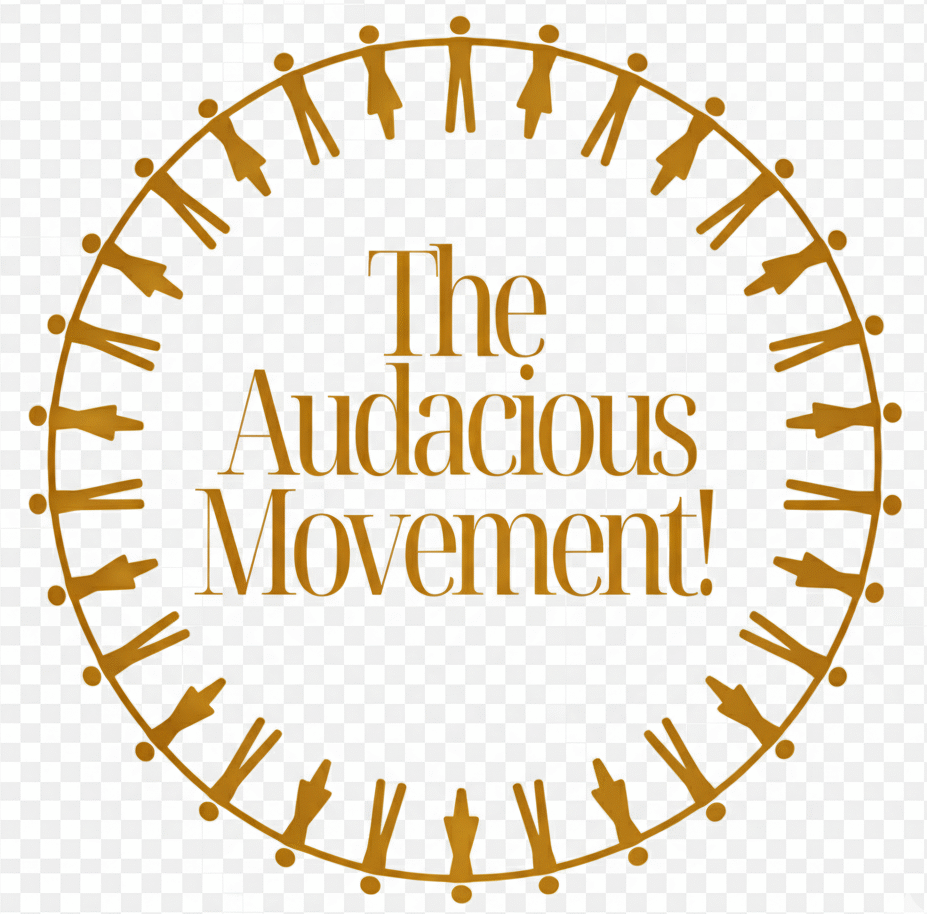Whatever you are doing right now, take a pause and observe yourself. What are you feeling at this moment? Where in your body are you feeling it? What are you thinking about?
If you had made me do this exercise probably a year ago, I wouldn’t have been able to recognize any of it and here I am today writing an article about it. We often tend to get into the rut of mechanical life by and by loosing connection with our own selves. We forget that it is our life, we are in the driver’s seat and unknowingly let our emotions drive us to places we dread and regret later making it a vicious cycle.
Let’s take an example here, imagine you are living with your parents, your mother says something that triggers anger in you, you get angry, yell at her and walk out, you feel guilty about your behaviour, and your mother feels guilty about her behaviour, you both choose to blame each other and leave it unresolved. The next time, the cycle continues. This was just one example, imagine the countless number of things that trigger different emotions in us, forget about resolving them, we aren’t even aware of them. Where is this leading us? What can we do about it?
Before we get there, let’s understand
What are emotions and why do they even exist?
Emotions are our body’s primal response to an event, it is something we are constantly feeling but goes unnoticed most of the time. They have played a major role in our evolution. We humans inherently tend to seek pleasure and avoid pain and emotions have helped us make that choice by communicating it. Yes, emotions are our body’s way of communicating with us. Next time you feel a certain way, pay attention to the changes in your body.
Let’s pick a few emotions for example and find out what they are trying to tell us
Fear/anxiety: caution us of the possible danger or alert us to protect ourselves.
Anger: communicates a violation of your values or expectations.
Guilt: shows that you didn’t abide by standards that you set for yourself.
Shame: tells you that you have internalized other people’s beliefs of how you should be (and it’s time to connect with yourself)
Calm: tells you everything is alright
Happiness: tells you that your expectations are being met.
Why is it important to stay aware of our emotions?
Studies show that unresolved emotions manifest themself into physical illnesses. Sometimes, even critical illnesses can be cured by resolving the unresolved emotions.
Staying aware of your emotions and resolving them can help you experience life fully. It’s like reorganizing your home, putting things in place, discarding things that are no longer useful to make space for newer things, sweeping and mopping and keeping it tidy (your body is your home too). Understanding your emotions is directly proportional to better relationships with yourself, others and the world. You can read some of these books.
How do we befriend our emotions to lead a more fulfilling life?
Observe: the first and the most important step is to know that you are feeling a certain way. This can only be done by observing yourself. Constantly observe the sensations in your body and the thoughts in your mind. For me, any kind of tension or pain on my shoulders or a tangled feeling in my head is a prominent indication that I am carrying unresolved emotions, find out yours.
Acknowledge: yet another important and sometimes the most difficult step is to acknowledge that you are feeling a certain way. This is mainly because we have been conditioned to believe that feeling certain emotions defines who we are (Eg. Jealousy, lust, anger, insecure, vulnerable etc.). Let me reiterate, there is nothing called good or bad emotions, emotions are just our body talking to us, giving us useful information for us to function.
Empathize:
- With yourself (bring your attention to your intention and your need)
2. With the people involved (what could have been their intention and need, remember, a person’s intention is always directed towards meeting their needs)
3. With the situation (it happened and this is how it made me feel, what can I do about it now?)
Release/ Resolve:
1. Journaling is one of the best ways to release your emotions.
2. Communicating your feelings with people involved is not only going to help you release your emotions but also strengthen your relationships with them (it’s possible that sometimes when you communicate, people may not perceive it in the right spirit and it’s not because of you. It’s because of their own inability to acknowledge their emotions)
3. Forgive yourself, the people involved and the situation (You don’t deserve to carry that burden let it go)
4. Show gratitude for the new learning in your kitty and move ahead.
From not being able to recognize my emotions to being able to identify and deal with them (at least more often than before), I have come a long way and I still have a long way to go. I believe working with your emotions is a constant conscious process and the more you practice the better you will get. Having said that, while you embark on this journey, it’s possible you fail and the mantra is to forgive yourself for failing and CONTINUE PRACTICING.
You will see me exploring more about emotions in my future posts, until then,
Happy reconnecting with yourself!
Cheers!

